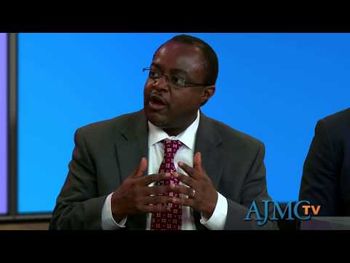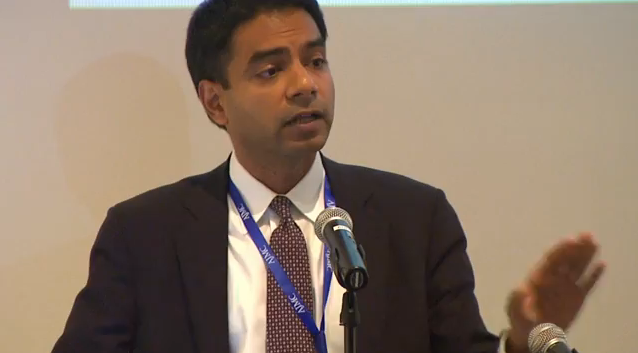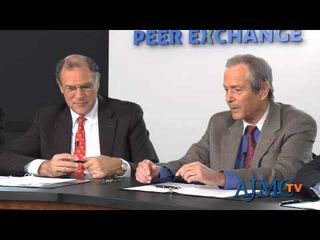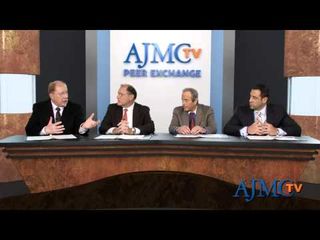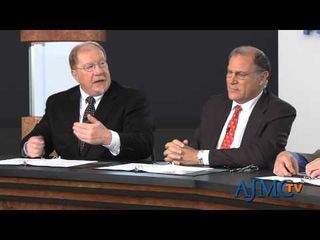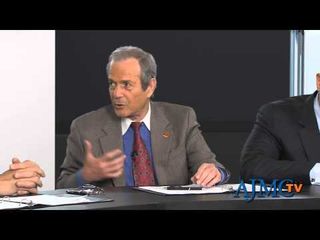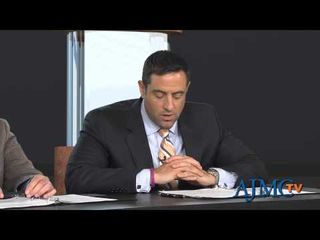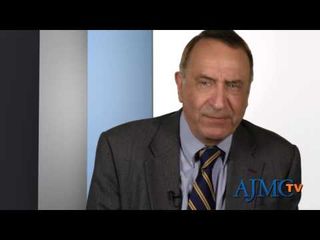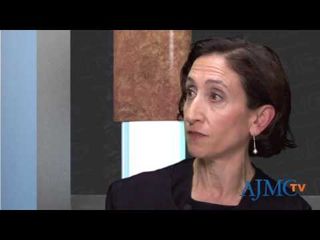
Value-Based Care
Latest News
Latest Videos

More News

Bruce Feinberg, DO, Vice President and Chief Medical Officer, Cardinal Health Specialty Solutions, says cancer treatment is more than clinical guidelines, protocols, or individual drugs.

While the employer mandate delay and other stalls in the implementation of the Affordable Care Act have raised a few eyebrows, a recent report from the Kaiser Family Foundation brings forth some encouraging news.

Medicare accountable care organizations outnumber non-Medicare ACO contracts and make up more than half of the 488 ACOs nationwide, according to an August 2013 update from Leavitt Partners, a healthcare consultancy that follows ACO development.

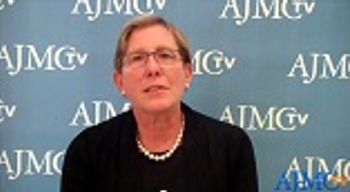
Jan Berger, MD, MJ, President & CEO, Health Intelligence Partners, and editor-in-chief of The American Journal of Pharmacy Benefits, says that the availability of pharmacies nationwide presents a unique situation.

The role of data collection in Accountable Care Organizations (ACOs) will be vital.

The health reform key is in, but the implementation ignition just won't start.
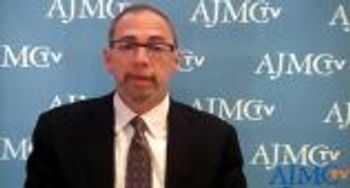
David Lansky, PhD, President & CEO, Pacific Business Group on Health, says that Accountable Care Organizations (ACOs) must truly be accountable for the care they provide.

Data is key to making ACOs work. Armed with information, patients can alert doctors to potential problems early and prevent complications.
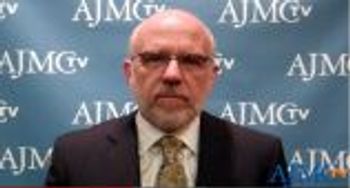
Robert Williams, MD, director, Deloitte, Consulting LLP, says physician integration is driven predominantly by the department of justice, and FTC regulations that require physicians to meet the definition of clinical integration.

Roger B. Fillingim, PhD, president of the American Pain Society is one advocate speaking out about the problem faced by patients who suffer from chronic pain, defined as being present for 3-months or more. But he's not the only expert who is talking about finding better ways to help people in pain.

Like their predecessors in health care's parade of acronyms -- HMOs and MCOs -- ACOs will need to balance quality patient care with saving money. When that balance is questioned by consumers and inevitably by the courts, how, exactly, will the risk be shared?

Preventive health services are key to ensuring people seek care before their conditions are critical or urgent in nature. As healthcare services for Medicaid and Medicare beneficiaries expand under the Affordable Care Act, so will the need for professionals who can administer certain preventive measures.

When providers and insurers collaborate on providing efficient care in settings like accountable care organizations (ACOs) and patient-centered medical homes, it presents them with an ability to share savings. However, when a patient's care exceeds projected cost expectations, current models of shared-saving contracts can disproportionately affect insurers.

By pricing options that protect providers from downside risk,health plans can more clearly evaluate different shared savings contracts and expand them to smaller providers.

This article explores the information (scorecards, referrals, prior experience, location) influencing the choice of orthopedic surgeon and how this influence varies by patient characteristics.

Annual ACO survey shows care coordination remains a work in progress for many providers.

A recent poll given to doctors showed that while they admit having some effect on healthcare costs, they felt the majority of health price control remained in the hands of lawyers, health insurance companies, hospitals, pharmaceutical companies, and patients.

In Miami, a new healthcare model - the ACO - rewards physicians for patient health, controlling costs

Karen Ignagni, President and Chief Executive Officer, America's Health Insurance Plans (AHIP), says health plans are doing a number of things to reduce cost and improve value, as they know the two go hand in hand.

Accountability will continue to be a key element in the future of healthcare reform. Whether in accountable care organizations, patient-centered medical homes (PCMHs), or other innovative programs for coordinating care-finding a way to drive quality-focused care is essential.



